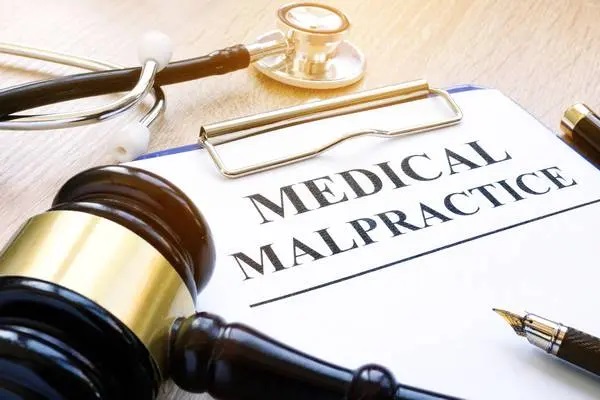As it is known, the health care professional’s duty of care to the patient, their liability arising from malpractice and their reponsibility for compensating medical negligence and malpractice damages are very important and developed topics of law in the Western Democracies. The obligations of those who deal with the professions of medicine, which is a field that deals indispensibly with human life are being defined as to pay a high level of care, to be subject to high ethical principles, to remain loyal to the Hippocratic Oath, to compensate the damages in case of injury to the individual as a result of medical negligence. In sum, medical malpractice compensation is a very important topic in all developed legal systems of the world.
However, this is not the case in Turkey as the law of compensation due to “medical negligence” has not yet been established yet.
Despite this reality, the law of “compensation as a result of medical negligence” is developing in Turkey as well. The latest decision of the Turkish Constitutional Court has been an important step in this direction. With the final decision of the Turkish Constitutional Court with the Application Number 2018/1571, that is being published in the Turkish Official Gazette dated 19th of August 2022, “the right to protect the material and spiritual existence of the person from to damages due to medical negligence” is being defined as a fundamental right for all individuals. As the court has given a decision of violation of constitutional rights of the applicant, a re-trail is also being ordered in the concrete case. The compensation claims of the applicant who was harmed as a result of medical negligence in the case were being rejected as the matter would be heard in the administrative jurisdiction retrail.

Until this decision, the administrative judiciary was constantly producing jurisprudence inline that “in order for the administrations to be sentenced to compensation in accordance with the compensation legislation, there must be a clear fault and the person demanding compensation must have an extrme loss”. The administrative judiciary was ruling that “as the healthcare services are services that carry risks within naturally, there must be a serious fault in order for the administration to be sentenced to compensation due to the health services given”. In other words, the administrative judiciary favored the administration so far and neglected the cases of “individual harm as a result of medical negligence”.
After the last decision, the Turkish Constitutional Court, as the highest authority in the Turkish judicial system, has ordered that cases on medical negligence should be examined and scrutinized carefully. In the justification of the decision, the Constitutional Court stated that “healthcare services, whether offered in the private sector or in public health institutions, should be evaluated within the scope of the positive obligations of the state regarding the right to protect and develop individual’s material and spiritual existence”.

Likewise, it is being ruled that “as it is clear that the necessary medical measures were not taken in the concrete case and that the damage that may occur should be prevented, it cannot be said that there is no inability to provide health services, the administration has harmed the individual receiving treatment as a result of medical negligence, and that this damage has been caused by the negligence of the administration”. The high court has ruled that “it has been decided that the acceptance of the request for non-pecuniary damage is not sufficient to remedy the consequences of the violation, and that pecuniary compensation should be provided within the scope of the compensation law”.
In sum, medical malpractice and negligence cases are arising in Turkey in terms of compensation law. In this regard, the Turkish Constitutional Court’s latest decision regarding the positive liability of the administrative to protect the physical and spiritual wellbeing of the patients while taking medical services, constitutes an important step towards development of medical malpractive compensation law in the Turkish legal system.

